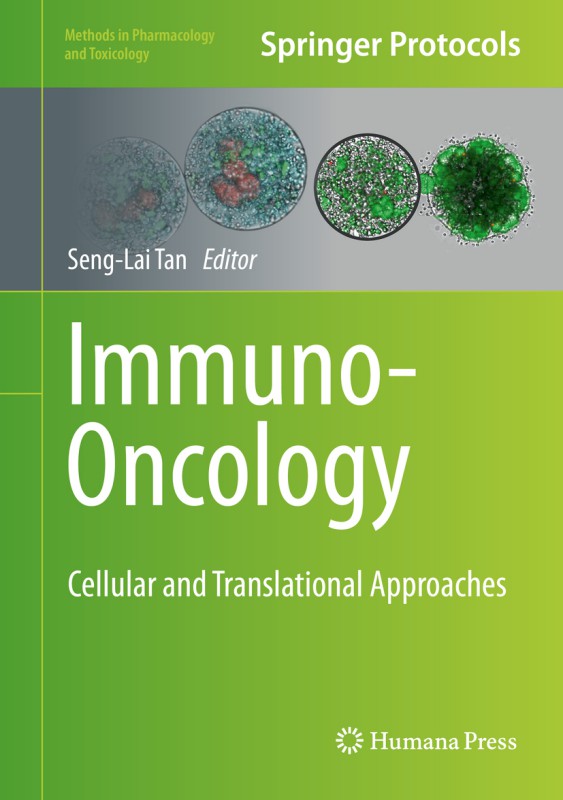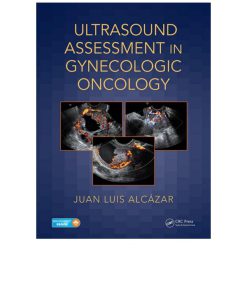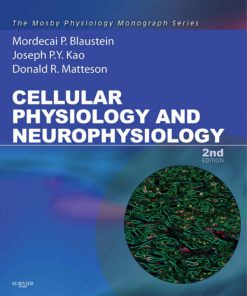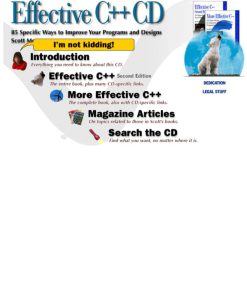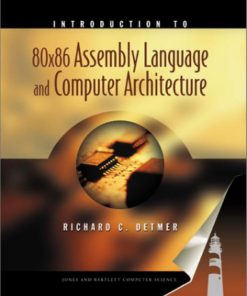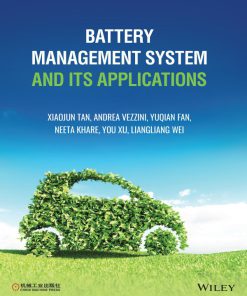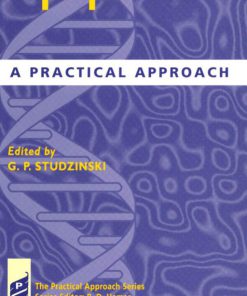Immuno Oncology Cellular and Translational Approaches 1st edition by Seng Lai Tan ISBN 1071601709‎ 978-1071601709
Original price was: $50.00.$25.00Current price is: $25.00.
Authors:Seng-Lai Tan , Series:Pharmacology [34] , Tags:Immuno-Oncology , Author sort:Tan, Seng-Lai , Ids:Goodreads; 9781071601716 , Languages:Languages:eng , Published:Published:Jan 2020 , Publisher:Humana , Comments:Comments:This book serves as a guide for identifying and applying commonly used cell-based translational assays as well as for assessing the therapeutic potential of new immuno-oncology therapeutics and advancing their mechanism of action. The detailed chapters within will provide readers with a baseline understanding of the pros and cons as well as key considerations for applying assays that are more reflective of the human immune-tumor microenvironment in order to increase their translatability into the clinic. Written for theMethods in Pharmacology and Toxicologyseries, the contents of this volume include the kind of specifics and real-world implementation advice to ensure success in the lab.Authoritative and practical,Immuno-Oncology: Cellular and Translational Approachesaims to aid researchers working on biotechnology and pharmaceutical efforts to search for the next generation of safer and more effective cancer immunotherapeutics.

